Vajradanti, scientifically known as Barleria prionitis, is a revered herb in Ayurvedic medicine, celebrated for its remarkable benefits to oral health. Commonly found in India and parts of Southeast Asia, this herb has been used for centuries to promote strong teeth and healthy gums. Its name, derived from Sanskrit, translates to “diamond-like teeth,” reflecting its potent ability to enhance dental strength and resilience.
Benefits for Dental Health
Vajradanti is packed with bioactive compounds like alkaloids, flavonoids, and tannins, which contribute to its oral health benefits:
- Strengthens Teeth and Gums: The herb’s anti-inflammatory and antimicrobial properties help reduce gum inflammation and combat oral bacteria, promoting stronger teeth and healthier gums.
- Prevents Tooth Decay: Vajradanti’s natural compounds inhibit the growth of cavity-causing bacteria, such as Streptococcus mutans, protecting enamel and preventing decay.
- Reduces Plaque and Tartar: Regular use of Vajradanti in oral care routines can minimize plaque buildup, keeping teeth clean and shiny.
- Soothes Oral Discomfort: Its analgesic properties provide relief from toothaches and gum sensitivity, making it a natural remedy for oral pain.
How to Use Vajradanti
Vajradanti can be incorporated into daily oral care in various forms:
- Tooth Powder: Dried Vajradanti leaves are ground into a fine powder and mixed with other herbs like neem or clove. Brush with this powder to strengthen teeth and freshen breath.
- Decoction for Rinsing: Boil Vajradanti leaves in water, strain, and use the cooled decoction as a mouth rinse to reduce inflammation and kill bacteria.
- Chewing Stems: Traditionally, the stems of Vajradanti are chewed to stimulate saliva production and clean teeth naturally.
- Herbal Toothpaste: Many Ayurvedic toothpastes now include Vajradanti extract for its proven dental benefits.
Scientific Backing
Studies have validated Vajradanti’s efficacy in oral care. A 2010 study by Aneja et al., published in the New York Science Journal, titled “Potency of Barleria prionitis L. bark extracts against oral diseases causing strains of bacteria and fungi of clinical origin,” found that Barleria prionitis bark extracts exhibited significant antibacterial activity against oral pathogens like Streptococcus mutans and Staphylococcus aureus. Another study by Gupta et al. (2016), published in Pharmacognosy Research, titled “Assessment of Effectiveness of Barleria prionitis on Oral Health,” confirmed its antimicrobial potential against oral pathogens and its role in reducing plaque and gingivitis.
A 2018 study published in the Journal of Ethnopharmacology found that Barleria prionitis extracts exhibited significant antibacterial activity against oral pathogens. Another research article in the AYU [International Quarterly Journal of Research in Ayurveda (2011)] highlighted its role in reducing plaque and gingivitis, supporting its traditional use in Ayurveda.
Precautions
While Vajradanti is generally safe, it’s advisable to:
- Consult a healthcare professional (Ayurvedic Doctor) before using it, especially for pregnant or breastfeeding women.
- Avoid overuse, as excessive consumption may cause mild irritation in sensitive individuals.
- Source Vajradanti from reputable suppliers to ensure purity and avoid contamination.
Conclusion
Vajradanti is a powerful herb that lives up to its name, offering a natural and effective way to strengthen teeth and maintain oral health. By incorporating this time-honored Ayurvedic remedy into your dental care routine, you can achieve a radiant smile and healthier gums. Embrace the wisdom of nature with Vajradanti and unlock the secret to diamond-strong teeth.
Disclaimer: Always consult a dentist or healthcare provider before adding new herbal remedies to your routine.

